Aromatherapy massage is employed for a range of purposes, such as relaxation, easing pain, and lifting mood. These are also common advantages associated with massage therapy in general. The addition of essential oils is believed to amplify these positive effects.

Some commonly used essential oils in aromatherapy are:
- bergamot
- cedarwood
- chamomile
- eucalyptus
- geranium
- ginger
- lavender
- lemon
- orange
- peppermint
- tea tree
Aromatherapy is frequently incorporated into a standard massage appointment as an optional enhancement. The therapist may diffuse an essential oil into the room during your session or mix a few drops into massage lotion or carrier oil and apply it directly to your skin.
Aromatherapy Massage Uses
According to the , almost 7 percent of U.S. adults regularly use massage therapy.
Massage therapy itself involves the manipulation of muscles and lymphatic tissue through trained pressing, rubbing, and kneading techniques.
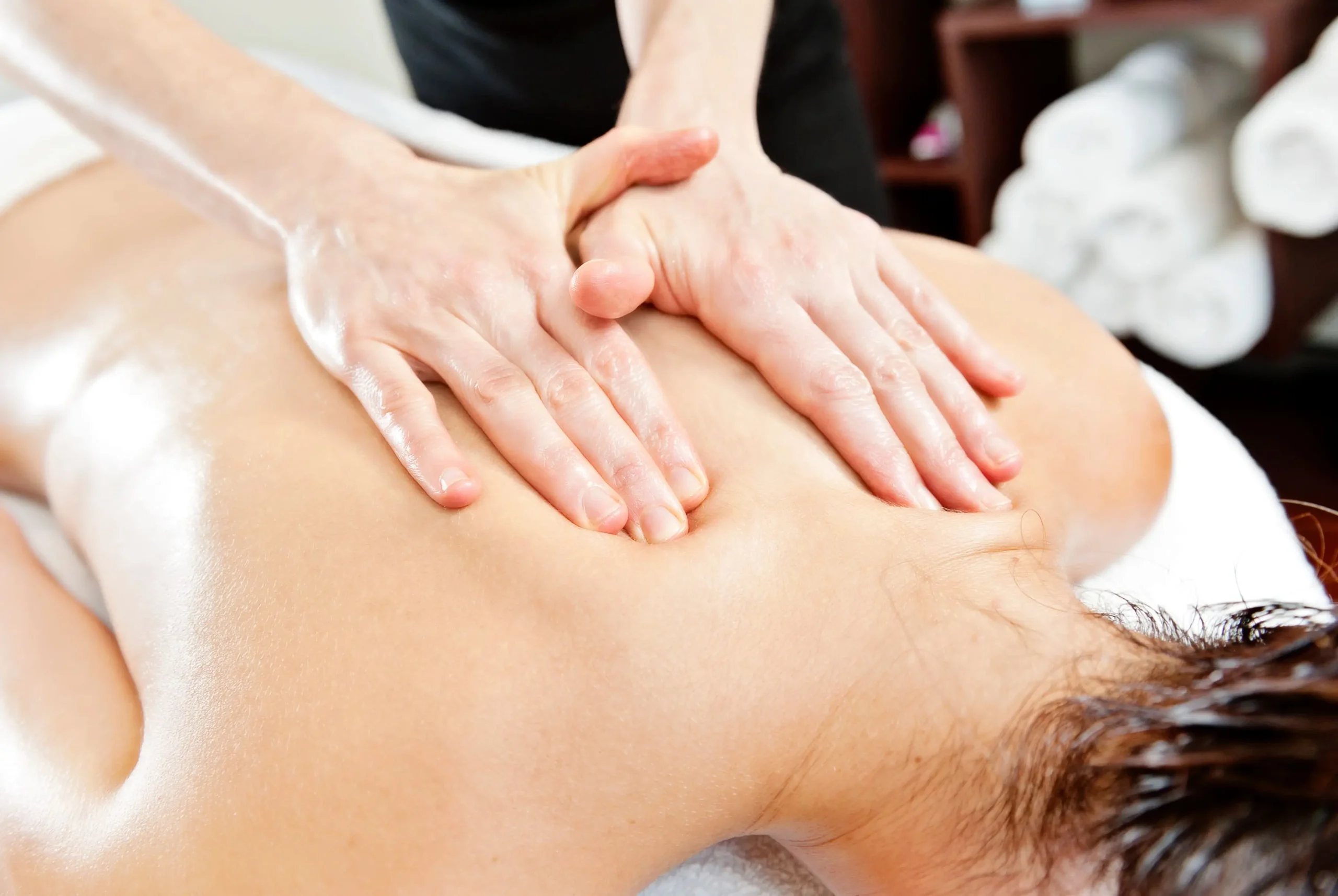
Common massage styles include:
- deep tissue
- Swedish
- prenatal
- hot stone massage
Any of these massage types can include essential oils for aromatherapy purposes.
Massage therapy has been associated with short-term reductions in physical discomfort and improvements in mood. Incorporating an essential oil into an aromatherapy massage may potentially boost those outcomes.
For instance, if you experience low mood alongside aches, adding a mood-elevating oil like orange could help improve how you feel.
What Is Aromatherapy?
Aromatherapy refers to using essential oils for perceived health benefits. Examples include lavender, orange, bergamot, and eucalyptus. These scents derive from plants—herbs, tree resins, and flowers. Because essential oils are highly concentrated, they should be diluted into milder carrier oils, humidifiers, or lotions before use.
The main aim of aromatherapy is to support physical and emotional well-being. More people are experimenting with essential oil products than ever, either by diffusing them at home or using diluted formulations on the skin. If you want a primer on how aromatherapy works and common methods, see what is aromatherapy.
Does Aromatherapy Work?
Scientific evidence regarding the health impacts of aromatherapy is mixed or limited.
According to the NCCIH, certain stimulating oils intended to lift mood have shown effectiveness in some studies. Examples include lemon, orange, and tangerine. However, lavender—though generally regarded as safe—did not show mood effects in that same research.
Another study examined chamomile combined with massage therapy for anxiety reduction. According to the , the findings indicated a greater reduction in anxiety symptoms following massages with chamomile compared with massages without aromatherapy.
Overall, the NCI notes that aromatherapy has demonstrated benefits for some of the following conditions:
- anxiety
- depression
- insomnia
- nausea
- pain
Aromatherapy Massage Risks
There are typically few risks linked to aromatherapy massage. One potential issue is sensitivity or allergic reaction to the oils used during a session. Your therapist should always dilute essential oils with massage lotion or a carrier oil before applying them to the skin.
If you’re unsure about a particular oil, ask the therapist to diffuse it in the room instead of applying it directly to your body.
Possible signs of an allergic response to essential oils include:
- rash
- hives
- redness
- swelling
- itching
Another point to consider is the minimal regulation of essential oils and related products used in aromatherapy. Many essential oils are categorized as cosmetics, so the Food and Drug Administration does not regulate them for safety or effectiveness.
Is Aromatherapy Massage Safe During Pregnancy?
Possibly not.
Prenatal massage itself is usually considered safe. Avoid massage if you have calf pain or a history of blood clots. If you’re pregnant and considering an aromatherapy massage, consult your doctor about which oils might be safe beforehand. There is concern that essential oils could cross the placenta and potentially harm the fetus.
According to the National Association for Holistic Aromatherapy, you should avoid the following essential oils during pregnancy:
- aniseed
- basil
- birch
- parsley
- pennyroyal
- sage
- tarragon
- wintergreen
Exercise caution when contemplating aromatherapy massage for young children as well.
Read about how essential oils may affect hormone function in young boys.
Tips for Aromatherapy Massage
When booking an aromatherapy massage, keep the following suggestions in mind to get the most from the session:
- Pick an essential oil based on your goals. For example, choose a citrus oil to boost mood, lavender to relax, or eucalyptus for pain relief.
- Decide whether you prefer the oil diffused in the room or applied to your skin. If you have known sensitivities to any oil, avoid it and choose an alternative.
- Avoid arriving with a full stomach — this can cause discomfort during and after the massage.
- Drink water before and right after your session and consider having a light snack.
- Take a warm shower after the massage to remove any residual oils from your skin.
Your massage therapist should be your primary resource for questions about the aromatherapy experience. They can recommend certain essential oils and explain which products and methods they would use based on your needs.
If the therapist appears uncertain about aromatherapy, they may lack experience incorporating it into sessions.
Some essential oils can aggravate asthma or other respiratory issues. When applied to the skin, citrus-derived oils can increase photosensitivity. Avoid sun exposure after applying grapefruit, orange, or other citrus oils to your skin.
Also, don’t hesitate to speak up during your massage. If something feels off, tell the therapist. You can request more or less oil or adjust pressure at any time.
Keep in mind this is meant to be a quiet, restful space, so your therapist may not interrupt your session frequently — it’s up to you to communicate preferences.
You can also enjoy some aromatherapy benefits at home by diffusing essential oils in your living space.
The Takeaway
Aromatherapy massages, when administered by trained massage therapists, may enhance your treatment and support your self-care routine.
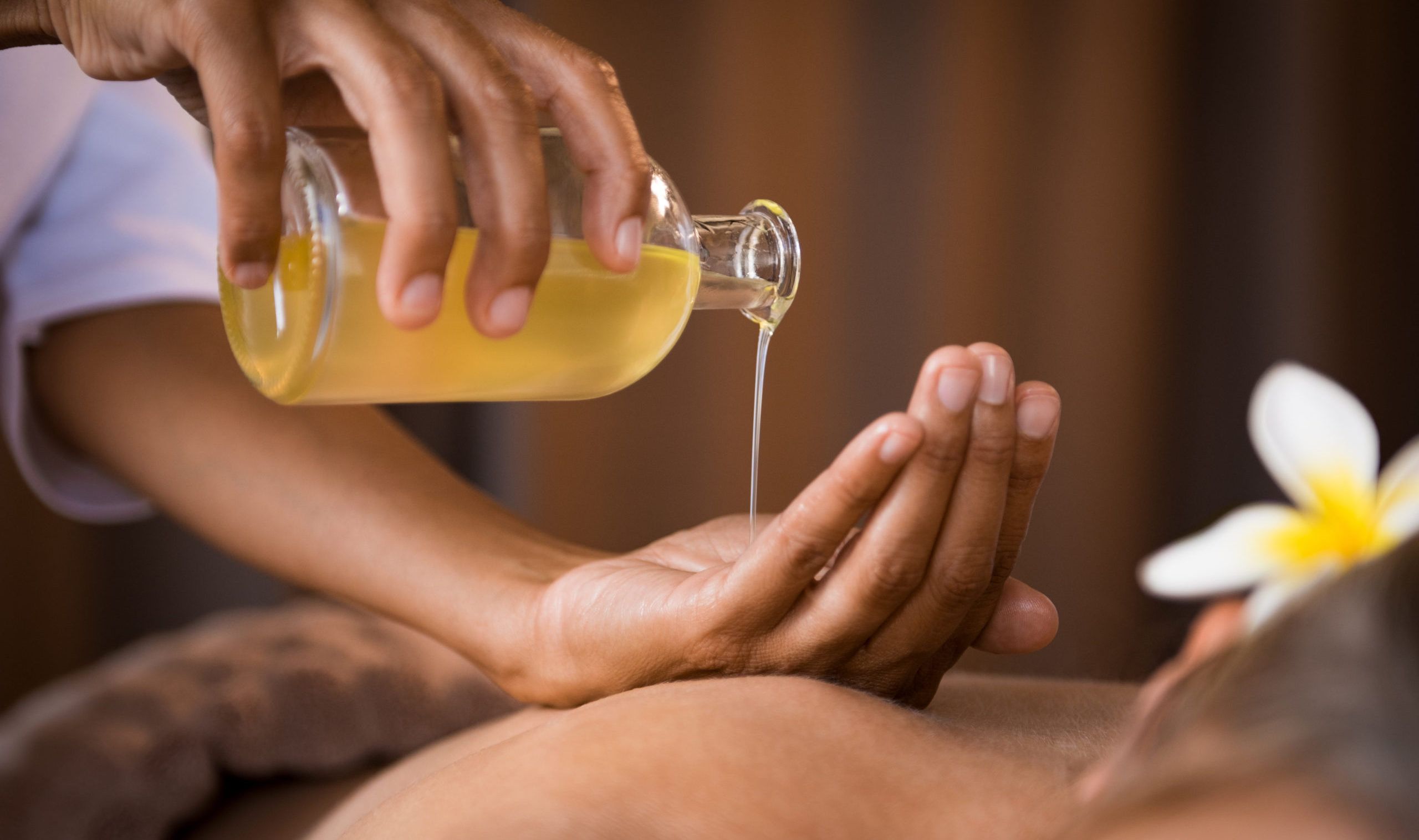
Although research is ongoing to determine the full health effects of aromatherapy, many people report feeling better, often experiencing temporary reductions in pain or mood symptoms.
When paired with professional massage techniques, aromatherapy might help you feel even more restored.

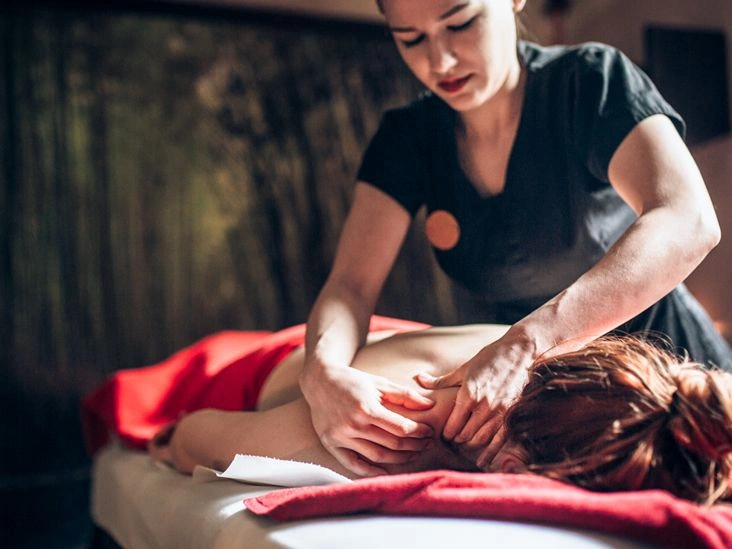











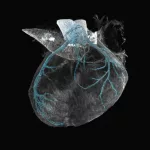





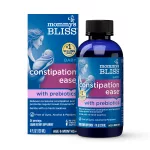
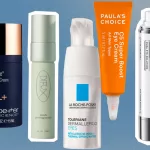




Leave a Reply
You must be logged in to post a comment.